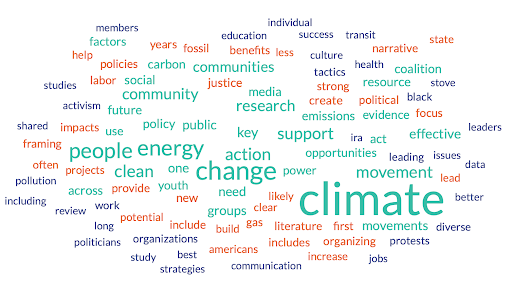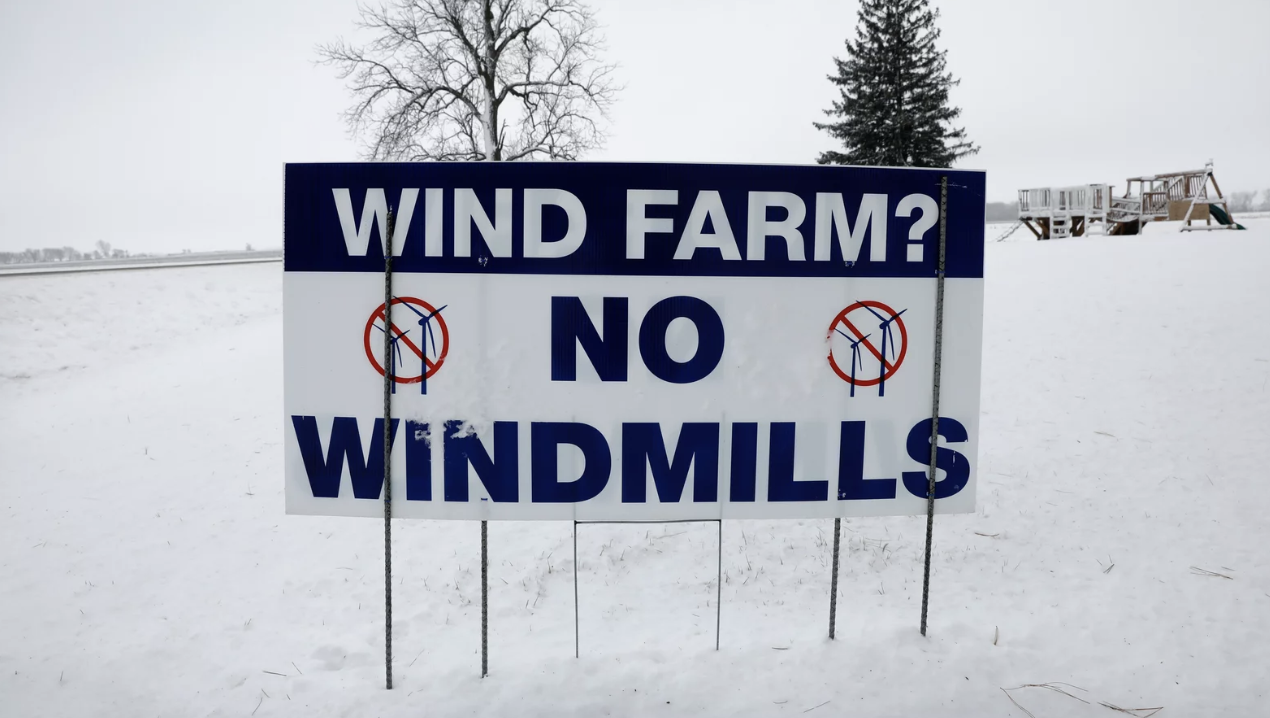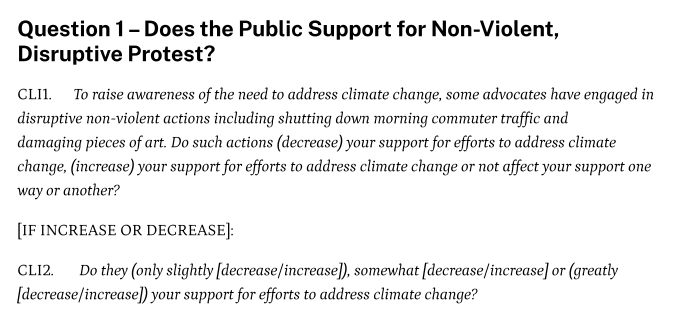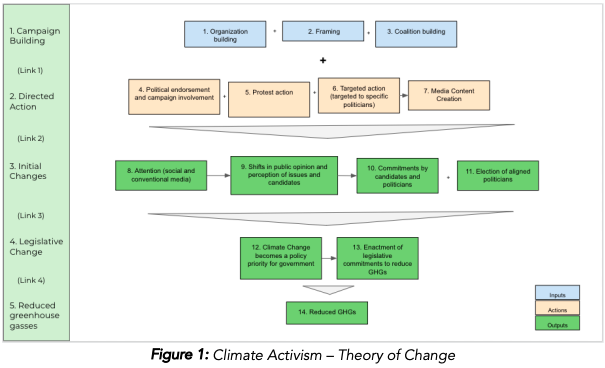Resources
Search below for resources covering the intersection of climate engagement, social science and data analytics.
RESULTS
Notable research of 2023

Inflation Reduction Act
On Climate Disinformation
Freezing temperatures and skyrocketing energy costs are knocking on our doors again in Texas, and conversations about reliable renewable energy projects are once again emerging. This has us thinking quite a bit this week about what stands in the way of siting and building renewable projects that are now well funded, thanks to the Inflation Reduction Act. Inevitably we return to the conversation about the role of misinformation.
Blueprint for a Multiracial, Cross-Class Climate Movement: The Report on Coalitions
Multiracial, cross-class (MRXC) coalition-building is essential if the climate movement is serious about tackling the climate crisis at the scale it demands. However, a historical lack of collaboration, trust, or healthy mechanisms to deal with conflict often impair those efforts. This Blueprint report and accompanying workbook provide an analysis of the difficulties MRXC climate coalitions are likely to face and offer recommendations for a proposed path forward.
Blueprint for a Multiracial, Cross-Class Climate Movement: The Workbook for Coalitions
This workbook is meant to help you translate the analysis and recommendations we provide there into workable features of your organizing. Whether you’re currently involved in a multiracial, cross-class climate coalition, thinking about starting one, or evaluating a past coalition on reflection, we hope this workbook clarifies for you and your coalition partners the breadth of considerations and decisions you should be prepared for.
Poll: Public Disapproval of Disruptive Climate Change Protests
Surveys show that the public somewhat disapproves of non-violent, disruptive climate protests. A plurality of respondents (46%) report that these tactics decrease their support for efforts to address climate change. Only 13% report increasing support. There are important sub-group differences in this measure of support: White respondents and Republicans were both more likely to report that these efforts decrease their support compared with Black or Hispanic and Democratic respondents. 69% of Republicans report that these non-violent, disruptive protests decrease their support for climate action, compared to only 27% among Democrats. It is noteworthy however that even Democrats are more likely to report a decrease (27%) than an increase (21%) in support. Moreover, independents, who might be critical in establishing majority support for aggressive climate policies express strong disapproval of the tactics, with 43% reporting a decrease in support and only 11% reporting an increase.
Tipsheet: 7 Tips to Build Your Base Via Blended Organizing
Online-offline organizing, which the Lab also calls “blended organizing," is organizing that engages participants using in-person and digital touches in concert with one another and mobilizes them to act both online and in-person. This tipsheet provides a detailed account of how advocates can successfully engage and develop their supporters using the organizing pathway model.
Tipsheet: Building a Relational Climate Conversation Program
This tipsheet lays out how advocates can build a relational climate conversations program to inspire supporters to take this most basic and neglected action: letting family members, friends, and neighbors know that they are not alone in caring about climate change, and that there are ways to face this crisis if they act together. The last page is a roadmap for how advocates can train supporters to hold productive conversations with their loved ones.
Sector Overview: Activism
Activism seeks to change political outcomes by engaging more people in the political process. Climate activism’s theory of change can be broken down into 5 stages: campaign building, directed action, initial changes, legislative change, and reduced greenhouse gases in the atmosphere. There are some competing theories about how to best succeed at any of these stages, such as structure- versus mass-based movement organizing. This report summarizes some academic research on each of these categories.
How to talk about climate change: Ask questions
This article includes tips on how to initiate relational climate conversations with friends, family, and neighbors. Beyond emphasizing the transformative potential of these types of conversations on climate action-taking, it provides steps on how to get a conversation started, such as by centering the chat around personal connections to the issue and concrete actions the conversation partners are taking, would like to take, and perhaps could be persuaded to take against climate change.
Resources for working with climate emotions
There are numerous resources for those seeking to better understand climate emotions and those feeling depressed, anxious, or overwhelmed by the climate crisis. Eco-distress is a normal and reasonable feeling in response to the social, environmental, and economic impacts of climate change.
Pagination
- Page 1
- Next page



